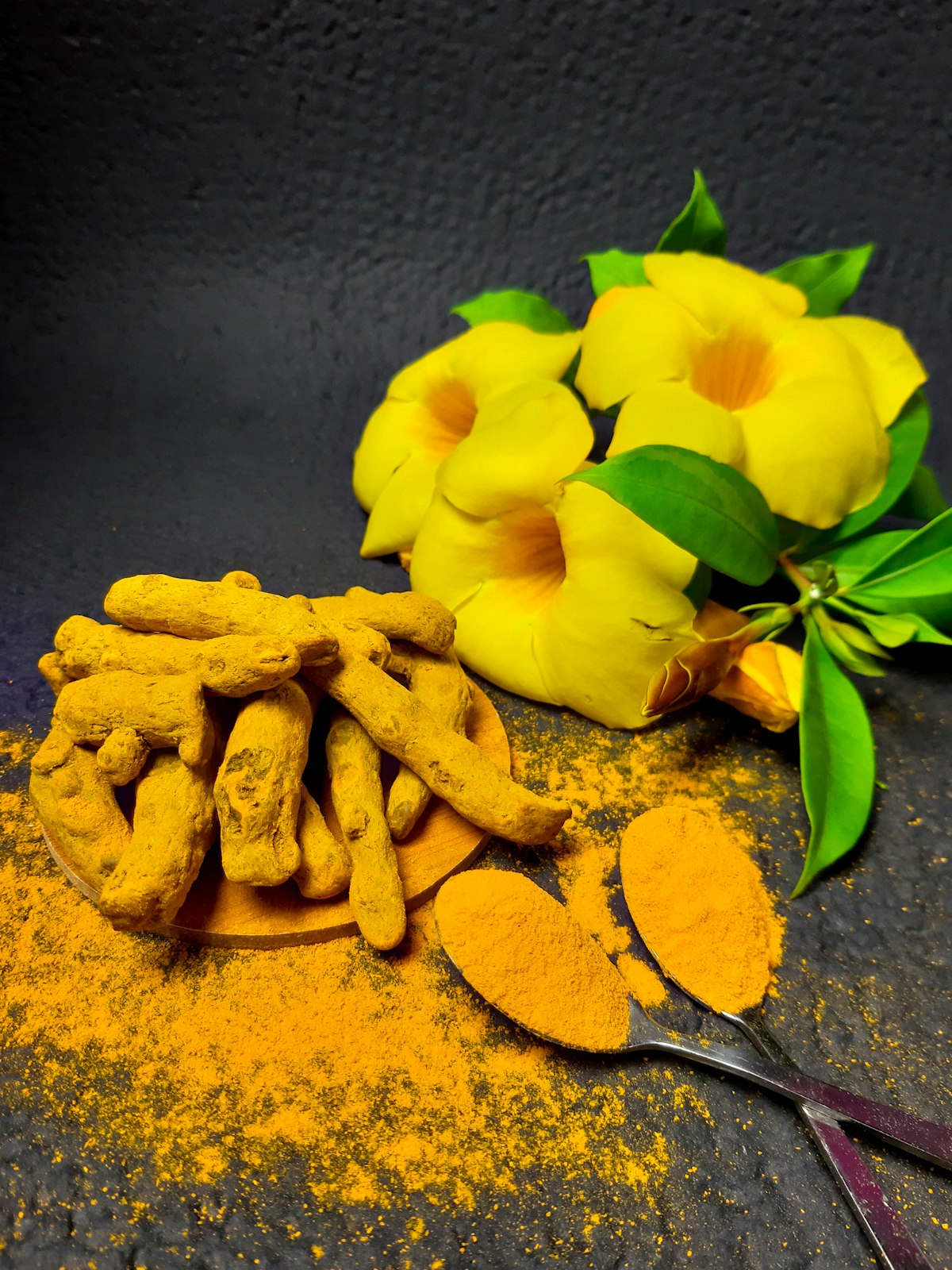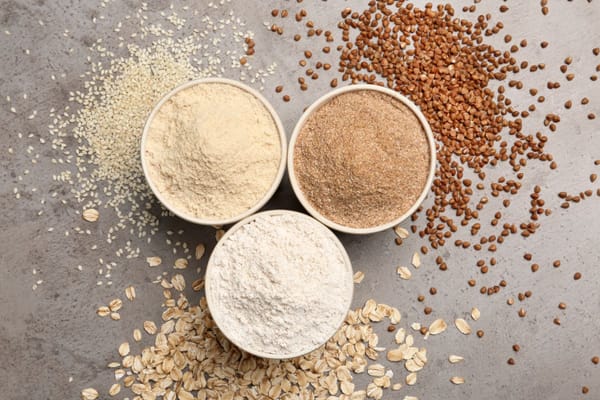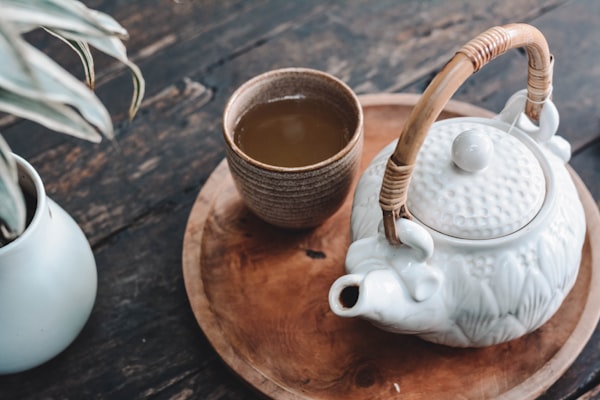How to Use Turmeric as a Medicine: Unlocking the Healing Power
How to Use Turmeric as a Medicine: Harnessing the Healing Power of This Golden Spice for Your Health and Wellness. 🌿💊

Turmeric, often referred to as the “golden spice,” has gained immense popularity in recent years for its remarkable health benefits. Beyond its culinary use, turmeric holds a special place in traditional medicine due to its potent anti-inflammatory, antioxidant, and antimicrobial properties. In this article, we delve into the art of using turmeric as a medicine, exploring its various forms, dosages, and potential benefits.
Turmeric, a vibrant yellow-orange spice, has been a staple in Indian cuisine for centuries. However, its uses extend far beyond the kitchen. Thanks to its active compound curcumin, turmeric boasts a wide range of health-enhancing properties. Let’s explore how you can harness its potential for your well-being.
Understanding Turmeric’s Healing Properties
The Key Compound: Curcumin
At the heart of turmeric’s medicinal prowess lies curcumin. This natural polyphenol is responsible for the spice’s distinct colour and boasts numerous health benefits. From reducing inflammation to boosting antioxidant activity, curcumin is a true game-changer.
Anti-Inflammatory Benefits
Chronic inflammation is linked to a host of health issues, from arthritis to heart disease. Curcumin’s potent anti-inflammatory properties can help mitigate this risk, offering a natural way to support your body’s defences.
Antioxidant Potential
Oxidative stress contributes to ageing and various diseases. Turmeric’s rich antioxidant content, particularly curcumin, can help combat oxidative damage and promote cellular health.
Incorporating Turmeric into Your Daily Routine
Turmeric Supplements: Finding the Right Dosage
Turmeric supplements provide a convenient way to reap its benefits. When choosing a supplement, ensure it contains standardized curcumin and consider consulting a healthcare professional for appropriate dosing.
Creating Golden Paste at Home
Golden Paste is a homemade concoction that combines turmeric, black pepper, and healthy fats. This paste can be added to various dishes or beverages, making it a versatile option for daily consumption.
Turmeric Tea: A Soothing Elixir
Turmeric tea offers a soothing way to enjoy this spice’s benefits. By simmering turmeric with ingredients like ginger and cinnamon, you can create a flavorful and health-boosting beverage.
Turmeric for Specific Health Concerns
Easing Joint Pain and Arthritis
For individuals dealing with joint discomfort, turmeric’s anti-inflammatory effects may offer relief. Incorporating turmeric into your diet could potentially alleviate symptoms of arthritis and improve overall joint function.
Supporting Digestive Health
Turmeric’s natural properties can aid digestion and reduce bloating. It’s often used to address issues like indigestion, and its anti-inflammatory nature might contribute to a healthier gut.
Promoting Heart Wellness
Maintaining cardiovascular health is crucial. Curcumin’s ability to enhance blood vessel function and reduce cholesterol levels positions turmeric as a heart-healthy ally.
Combining Turmeric with Other Ingredients
Turmeric, with its vibrant colour and impressive health benefits, becomes even more potent when combined with certain complementary ingredients. These combinations not only enhance turmeric’s bioavailability but also create powerful synergies that can boost your overall well-being. Let’s explore some dynamic pairings that harness the full potential of turmeric’s golden magic.
1. Turmeric and Black Pepper: A Synergistic Duo
When it comes to enhancing the benefits of turmeric, black pepper (Kali Mirch in English) is a key ally. Black pepper contains a compound called piperine, which significantly increases the absorption of curcumin—the active component in turmeric. This means that when you pair turmeric with black pepper, your body can absorb and utilize curcumin more effectively. Add a pinch of black pepper to your turmeric-based dishes or teas to unlock this powerful synergy.
2. Turmeric and Ginger: A Double Dose of Anti-Inflammation
Both turmeric and ginger (Adrak in English) are renowned for their anti-inflammatory properties. Combining these two spices in your recipes or teas can create a powerful anti-inflammatory elixir. Whether you’re dealing with joint pain, digestive discomfort, or general inflammation, this duo can provide natural relief and support your body’s healing processes.
3. Turmeric and Coconut Oil: Fat-Soluble Benefits
Curcumin, the star compound in turmeric, is fat-soluble, meaning it’s better absorbed when consumed with dietary fats. Coconut oil, with its healthy fats, serves as an excellent carrier for curcumin. Create a simple golden paste by mixing turmeric with coconut oil and a pinch of black pepper. This paste can be used in cooking, added to beverages, or even applied topically for skincare benefits.
4. Turmeric and Cinnamon: A Flavorful Union
The warm and comforting flavours of turmeric and cinnamon (Dalchini in English) make for a delicious combination. Beyond the taste, this pairing also offers potential health benefits. Both spices are known for their antioxidant properties and can contribute to a balanced and wholesome diet. Sprinkle a pinch of cinnamon into your turmeric tea or oatmeal for a flavorful and nourishing treat.
5. Turmeric and Honey: Immune-Boosting Blend
Honey (Shahad in Hindi) has its own array of health benefits, including antimicrobial and immune-boosting properties. When combined with turmeric, this sweet and spicy blend can be used to soothe sore throats, support your immune system, and provide an enjoyable remedy for colds and coughs. Mix a teaspoon of turmeric with a tablespoon of honey for a natural and flavorful immunity boost.
6. Turmeric and Green Tea: Double the Antioxidants
Green tea is celebrated for its high content of antioxidants, particularly catechins. When paired with turmeric, which also boasts potent antioxidant properties, you create a powerful brew that supports overall health and fights oxidative stress. Sip on turmeric-infused green tea for a refreshing and health-boosting beverage.
7. Turmeric and Yoghurt: A Creamy Anti-Inflammatory Snack
Yoghurt not only provides a creamy and delicious base but also complements turmeric’s anti-inflammatory effects. Create a savoury dip by mixing turmeric with yoghurt, and use it as a flavorful accompaniment to vegetables, whole-grain crackers, or pita bread.
8. Turmeric and Lemon: Detoxifying Elixir
Lemon’s natural detoxifying properties combined with turmeric’s anti-inflammatory effects make for a potent detox elixir. Squeeze fresh lemon juice into warm water, add a pinch of turmeric, and enjoy this cleansing drink to kickstart your day.
9. Turmeric and Nuts: Nutrient-Rich Crunch
Incorporate the benefits of turmeric into your snacks by combining it with nutrient-rich nuts like almonds or walnuts (Akhrot in English). Toss the nuts in a mixture of turmeric, a touch of oil, and a sprinkle of your favourite spices. Roast them in the oven for a delicious and health-boosting snack.
10. Turmeric and Oats: A Hearty Breakfast
Start your day with a bowl of turmeric-infused oats. Add a pinch of turmeric, a dash of cinnamon, and a drizzle of honey to your oatmeal. This warm and nourishing breakfast provides a comforting and healthful way to begin your morning.
By creatively combining turmeric with these complementary ingredients, you’re not only enhancing the flavour of your dishes but also maximizing the potential health benefits. From improved absorption to heightened antioxidant activity, these pairings showcase the versatility and holistic advantages of incorporating turmeric into your daily life.
Precautions and Considerations
Potential Side Effects
While generally safe, high doses of turmeric or curcumin supplements could lead to digestive issues or allergic reactions. Moderation is key to avoiding potential side effects.
Interactions with Medications
Turmeric might interact with certain medications, impacting their efficacy. Consult your healthcare provider before incorporating turmeric into your routine, especially if you’re on medication.
Recommended Dosages
Dosage recommendations vary based on the form of turmeric used. For powdered turmeric, a typical dose is around 1 to 3 grams per day. Consultation with a healthcare professional is advised.
Incorporating Turmeric into Different Cuisines
Turmeric-infused Dishes from Around the World
Turmeric’s unique flavour can enhance various cuisines. From Indian curries to Southeast Asian stir-fries, incorporating turmeric opens up a world of culinary possibilities.
Enhancing Flavor and Health Simultaneously
Beyond its medicinal properties, turmeric brings depth and vibrancy to dishes. Experiment with turmeric in both savoury and sweet creations to elevate the taste and boost nutrition.
Turmeric for Skincare and Beauty
Turmeric, the vibrant and versatile spice that has been a staple in kitchens for centuries, also holds a special place in the world of skincare and beauty. Beyond its culinary uses, turmeric’s potent anti-inflammatory and antimicrobial properties make it a natural powerhouse for addressing various skin concerns. From DIY face masks to targeted treatments, let’s explore how turmeric can elevate your skincare and beauty routine.
1. Turmeric Face Masks: A Radiant Glow
DIY face masks are a fantastic way to harness the benefits of turmeric for your skin. Create a simple mask by mixing a teaspoon of turmeric with yoghurt or honey. Apply the mixture to your face, avoiding the eye area, and leave it on for about 10-15 minutes. The result? A brighter complexion, reduced redness, and a natural glow.
2. Addressing Acne and Inflammation
Turmeric’s anti-inflammatory properties can work wonders for acne-prone skin. Create a paste using turmeric, honey, and a touch of lemon juice. Apply it to affected areas, leave it on for a short time, and rinse. The paste’s antimicrobial effects can help soothe inflammation and calm breakouts.
3. Tackling Uneven Skin Tone
Hyperpigmentation and uneven skin tone are common skin concerns. Turmeric’s ability to inhibit melanin production can help lighten dark spots over time. Incorporate a turmeric-infused serum or lotion into your routine to gradually even out your complexion.
4. Natural Exfoliation
Gentle exfoliation is essential for healthy skin. Combine turmeric with yoghurt and oatmeal to create a natural scrub. Gently massage it onto your skin in circular motions to slough away dead skin cells and reveal a smoother texture.
5. Reducing Under-Eye Dark Circles
Turmeric’s anti-inflammatory properties can also help diminish the appearance of dark circles under your eyes. Mix turmeric with aloe vera gel or rose water to create an under-eye mask. Apply it for a short time, rinse carefully, and enjoy a fresher look.
6. Combating Dry Skin
Turmeric’s moisturizing properties can be a blessing for dry skin. Mix turmeric with milk or aloe vera gel to create a hydrating face mask. Let it sit for a while before gently washing it off to reveal softer, more nourished skin.
7. Soothing Sunburns
In the unfortunate event of a sunburn, turmeric can provide relief. Mix turmeric with plain yogurt and apply it to the affected areas. The cooling and anti-inflammatory effects can help calm the burn and promote healing.
8. A Natural Glow from Within
Remember, beauty radiates from within. Including turmeric in your diet can support your skin’s health from the inside out. Its anti-inflammatory and antioxidant properties contribute to a vibrant complexion.
9. Turmeric Hair Masks
Turmeric isn’t just for your skin—it can also benefit your hair. Mix turmeric with yoghurt or coconut oil and apply the mixture to your scalp. Leave it on for about 30 minutes before shampooing. This can help soothe a dry, itchy scalp and promote healthier hair.
10. Patch Test Precaution
Before diving headfirst into a new skincare routine involving turmeric, perform a patch test on a small area of your skin. This helps ensure that you don’t have an adverse reaction to the spice, especially if you have sensitive skin.
Turmeric’s natural goodness can enhance your skincare and beauty regimen in countless ways. Whether you’re looking to brighten your complexion, soothe irritation, or achieve an overall healthy glow, turmeric’s myriad benefits can make a noticeable difference. Embrace this golden treasure and let it work its magic on your skin and beauty journey.
The Future of Turmeric Research
Ongoing Studies and Discoveries
Scientific interest in turmeric continues to grow, leading to ongoing research into its potential applications. Studies are exploring its effects on conditions ranging from neurodegenerative diseases to cancer.
Potential New Applications
As researchers uncover more about turmeric’s properties, new and innovative applications are emerging. The spice’s journey from a kitchen staple to powerful medicine is far from over.
Conclusion
Incorporating turmeric into your daily routine can offer a myriad of health benefits, from reducing inflammation to supporting heart wellness and skincare. Remember to start with small doses, consult professionals when needed, and savour the journey of discovering the magic of this golden spice.
FAQs
Q1: Can turmeric help with weight loss?
- Turmeric may aid weight loss by promoting a healthy metabolism and reducing inflammation, but it’s not a substitute for a balanced diet and exercise.
Q2: Is turmeric safe during pregnancy?
- While turmeric can be included in small amounts as a spice, consult your doctor before using it in medicinal quantities during pregnancy.
Q3: Can turmeric cure diseases on its own?
- Turmeric is not a miracle cure, but its compounds can complement a healthy lifestyle and aid in disease prevention.
Q4: Are there any alternatives for turmeric’s flavor?
- Saffron and paprika can provide color and flavor similar to turmeric, but they don’t offer the same medicinal benefits.
Q5: How long does it take to see results from turmeric consumption?
- Results vary based on individual health conditions. Some may experience benefits within a few weeks, while others might take longer.



